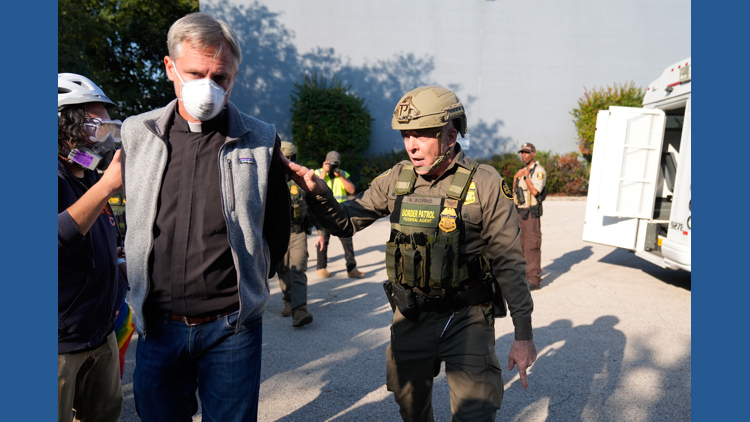Activists, residents, and local officials in Chicago say federal immigration agents have escalated their tactics, employing helicopters and chemical agents in enforcement operations. Community members warn these aggressive measures could provoke more violence and tension in neighborhoods.
Using helicopters and chemical agents, immigration agents become increasingly aggressive in Chicago

Key Takeaways:
- Federal immigration agents are allegedly using helicopters and chemical agents in Chicago
- Activists and residents describe these tactics as “increasingly combative”
- Community leaders say the use of force has already sparked violence
- Politicians and local organizations are calling for accountability
- The story was originally covered by Kvue, categorized under politics and top news
Heightened Tactics in the Windy City
Reports indicate that federal immigration agents have adopted more forceful methods in Chicago, prompting a wave of concern from both residents and local watchdogs. Community members describe helicopters circling neighborhoods and the suspected use of chemical agents in tense encounters.
Community Leaders Raise Alarms
Activists, along with elected officials, point to these developments as evidence of a sharper edge in immigration enforcement. They argue that such methods, which they characterize as “increasingly combative,” compound local anxiety and strain already-fragile relationships between communities and federal authorities.
Claims of Violence
Local residents and civil rights groups say that the use of helicopters and potential chemical agents has escalated conflicts. According to Chicago’s advocates, these aggressive forms of enforcement fuel incidents of unrest and can lead to dangerous confrontations.
Calls for Accountability
Amid emerging reports of unrest, many critics demand transparency from federal agencies tasked with immigration enforcement. They call for investigations into the alleged use of chemical dispersals and for clear guidelines restricting heavy-handed tactics in densely populated urban areas.
Looking Ahead
While the full scope of these new enforcement measures remains unclear, Chicago’s community leaders and activists remain steadfast in condemning them. They argue that without oversight and dialogue, increased force only amplifies fear and drives a deeper wedge between federal authorities and the people they serve.











